Four drama posters providing information on ways of learning through drama, drama elements, performance aspects of drama, and types of drama.
Posters include:
Learning through drama:
- Music
- Visual arts
- Dance
- Media art
Elements of Drama:
- Tension,
- Focus,
- Mood,
- Time,
- Contrast,
- Symbol,
- Space,
- Audience skills.
Performance aspects of drama:
- Staging and sets,
- Lighting,
- Costumes and make-up,
- Masks and props,
- Sound effects,
- Music.
Types of drama:
- Drama games
- Process drama
- Storytelling
- Choral reading and speaking
- Reader’s theater,
- Movement and mime,
- Play building,
- Scripted drama,
- Puppets and masks,
- Video/audio drama.
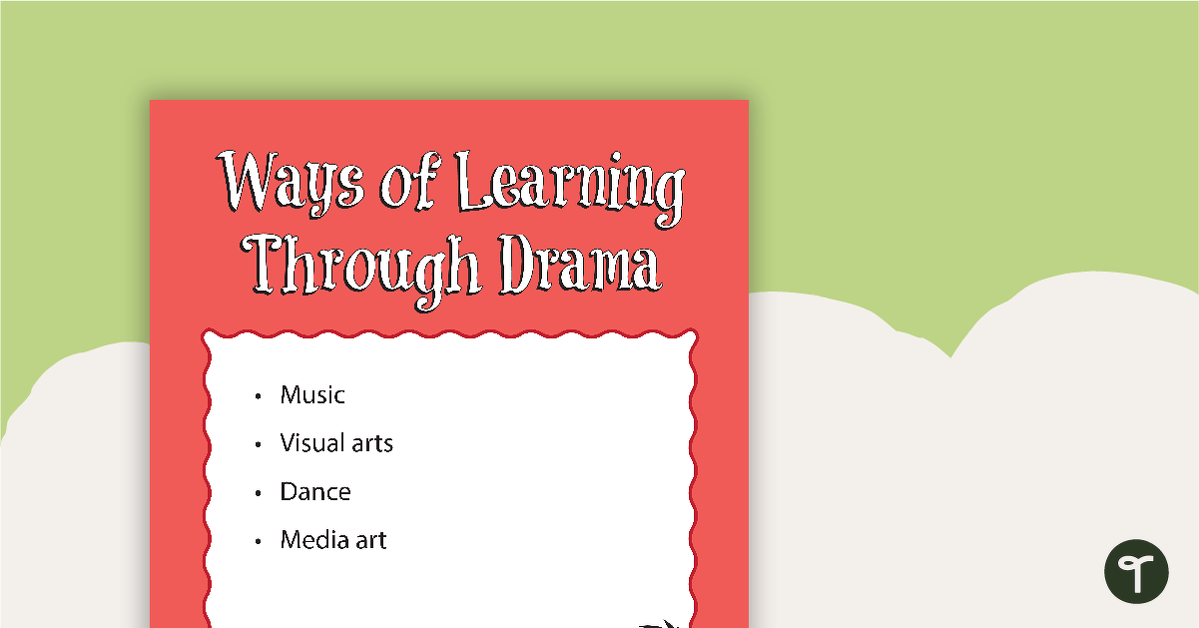
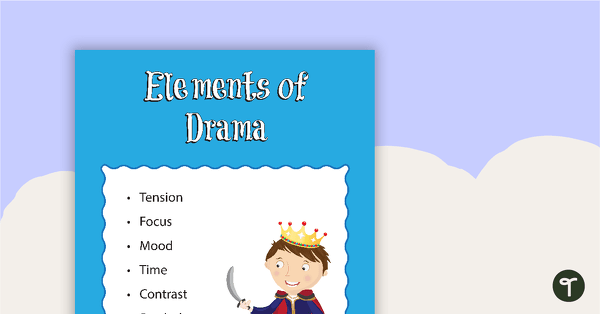
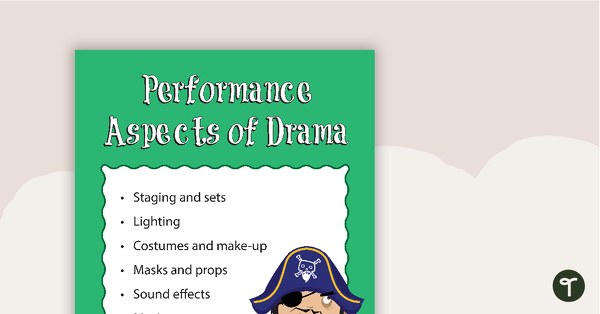
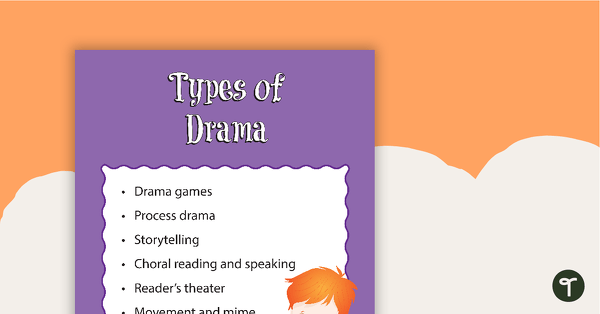

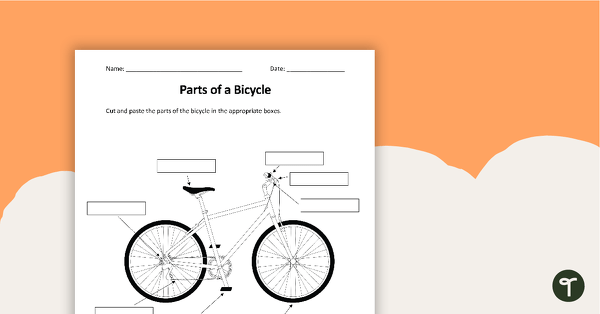
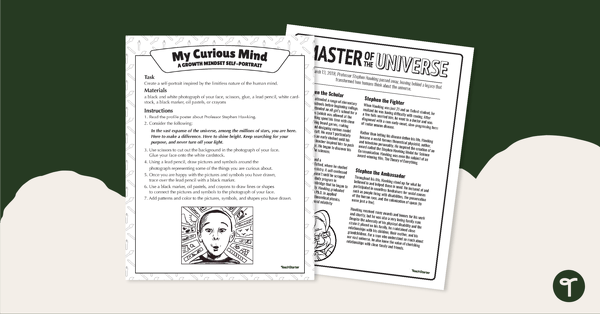
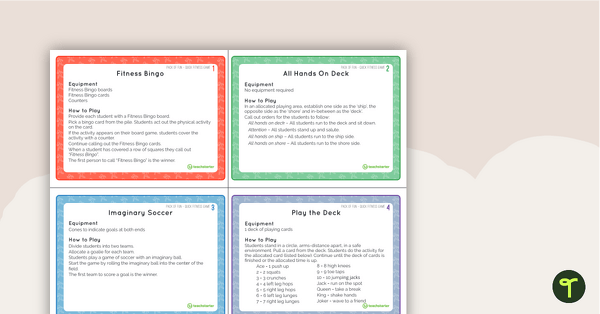
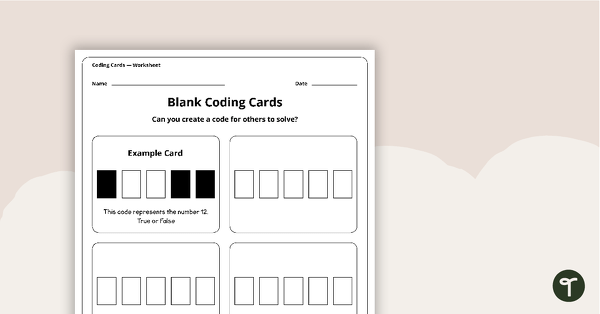
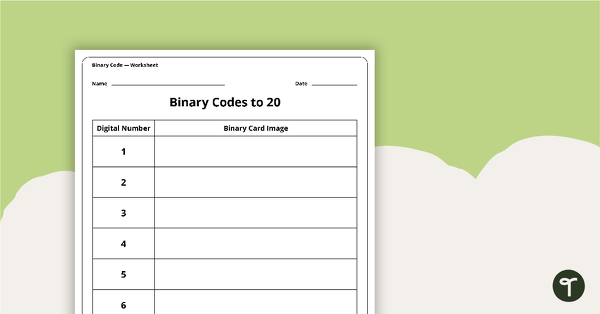
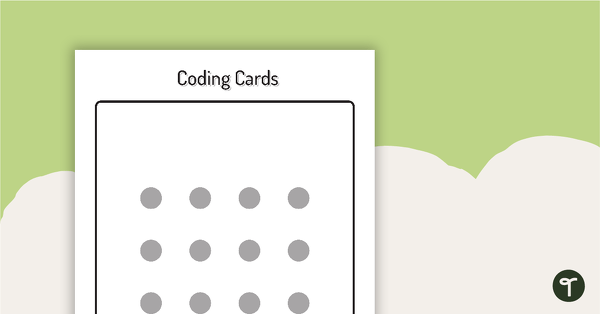
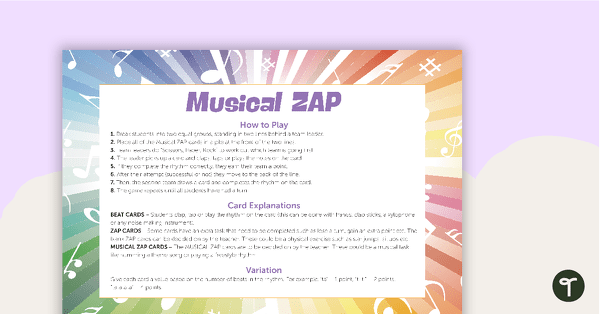
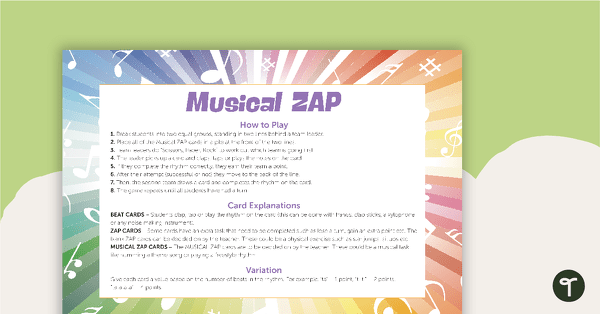
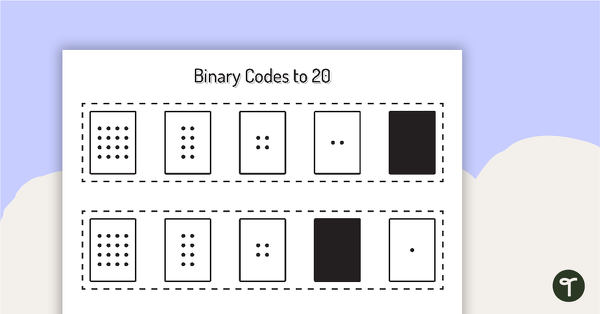
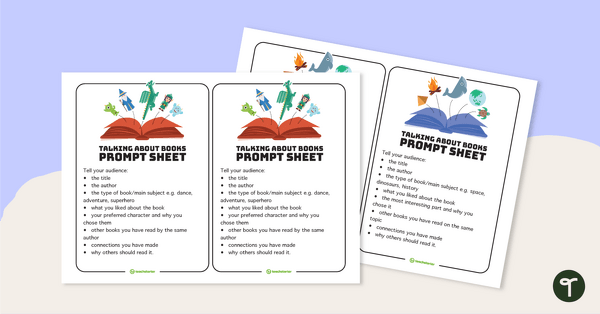
0 Comments
Write a review to help other teachers and parents like yourself. If you'd like to request a change to this resource, or report an error, select the corresponding tab above.